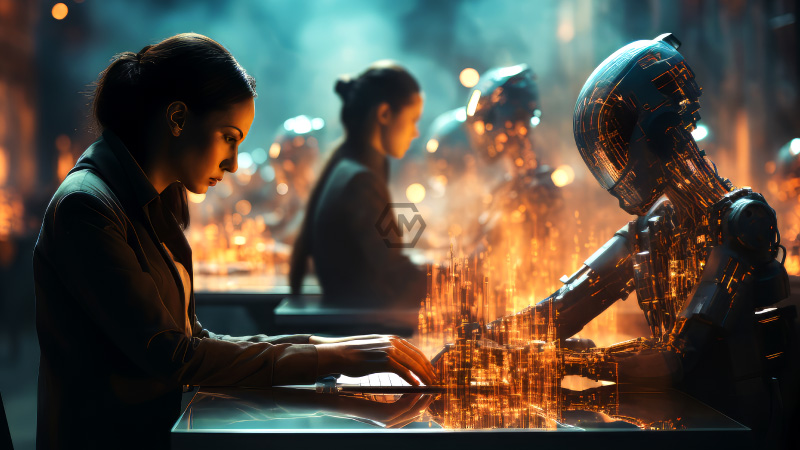- Canadian court examines if AI can be recognized as authors under copyright law.
- Debate sparked by attempts to register AI-generated content for copyright protection.
- Federal government weighs implications for future legislation on AI and creativity.
In Canada, the debate over AI-generated content and copyright law has reached a critical juncture with a federal court case questioning whether artificial intelligence systems can be considered authors under legal frameworks.
Meanwhile, the Canadian Intellectual Property Office’s decision to grant copyright registration to such AI-generated works has positioned Canada as a pioneering jurisdiction in recognizing AI authorship, contrasting with approaches in other countries like the United States.
Navigating the Legal Frontier: AI’s Impact on Copyright Law
The intersection of artificial intelligence and copyright law is increasingly contentious, as evidenced by a recent legal challenge in Canada questioning whether AI can be acknowledged as authors. This case arose following attempts to register AI-generated works, such as digital artworks blending original photos with iconic paintings, for copyright protection. The outcome of this case could set a precedent for how jurisdictions worldwide handle the intellectual property rights of AI-generated content.
Canada’s approach, where the Intellectual Property Office has granted copyright to such AI-created works, stands in contrast to the US, where similar attempts have faced rejection. This divergence underscores the lack of global consensus on whether AI systems should enjoy the same copyright protections as human creators. The federal government in Canada is actively reviewing these issues, considering whether legislative changes are necessary to ensure fair and effective copyright regulation in the digital age.
In parallel, stakeholders in the creative industries are closely watching developments, concerned about the implications for innovation, licensing, and the ethical boundaries of AI-generated content. The outcome of this legal challenge may shape future policy decisions and regulatory frameworks globally, influencing how AI technologies are integrated into creative processes while safeguarding the rights of human creators.
The ongoing debate over AI and copyright law in Canada reflects broader global uncertainties about the role of artificial intelligence in creative fields. As governments and legal systems grapple with these issues, the outcomes will not only impact intellectual property protections but also shape the future landscape of digital creativity and innovation.



